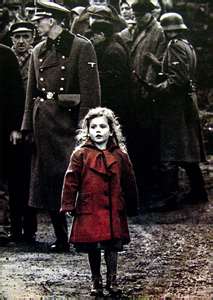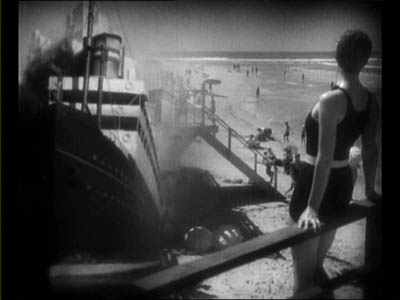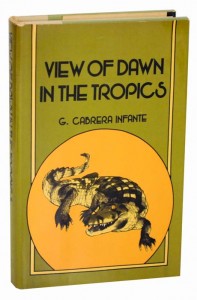From the Chicago Reader (January 7, 1994). — J.R.

One of the funnier remarks in Variety late last year came from a Universal Pictures executive who noted that because of the special nature of Schindler’s List his company wasn’t really promoting the picture, but simply informing people it was out. I’d wager that if the other movies on my ten-best list had been given the same amount of “nonpromotion” — one of those modest multimillion-dollar campaigns — you would have heard nearly as much about them. As it happens, only about half the items on my list have had — or are having — a normal commercial run in Chicago. Still, Bitter Moon, which has so far had only one fleeting engagement here (in the fall, at the Polish film festival), is expected to have a belated U.S. release early this year, and Silverlake Life: The View From Here was aired nationally on PBS.

The limited number of Hollywood films on my list and the prominence of Chinese language ones demands some comment. It used to be a truism that American cinema excelled in unpretentious entertainment but faltered when it came to art movies, while the standard line about foreign films — meaning the foreign films Americans saw — tended toward the reverse. Read more
From the Chicago Reader (May 19, 2006). — J.R.

The Lost City
* (Has redeeming facet)
Directed by Andy Garcia
Written by G. Cabrera Infante
With Garcia, Steven Bauer, Richard Bradford, Nestor Carbonell, Lorena Feijoo, Bill Murray, Dustin Hoffman, Tomas Milan, and William Marquez

An intellectual initially associated with Castro’s revolution, G. Cabrera Infante (1929-2005) founded the Cuban Cinematheque and was known as both the Cuban James Joyce and the Cuban Laurence Sterne. He spent his final 39 years in voluntary exile in London, and his last screenplay was for The Lost City, the first feature directed by Andy Garcia. Among his works available in English are the novels Three Trapped Tigers, View of Dawn in the Tropics (the most succinct and measured, and my favorite), and Infante’s Inferno; his nonfiction includes Holy Smoke (a tribute to Havana cigars, his first book written in English) and A Twentieth Century Job, a collection of film criticism published under the pseudonym G. Cain (derived from his first initial and the first two letters of Cabrera and Infante). And there’s the screenplay for the 1971 Hollywood thriller Vanishing Point, also credited to Cain.

Sixteen years ago Garcia decided he wanted to adapt Cabrera Infante’s unadaptable, pun-packed, joyfully multicultural Three Trapped Tigers, an epic about Havana nightclub life during the late Batista period. Read more





